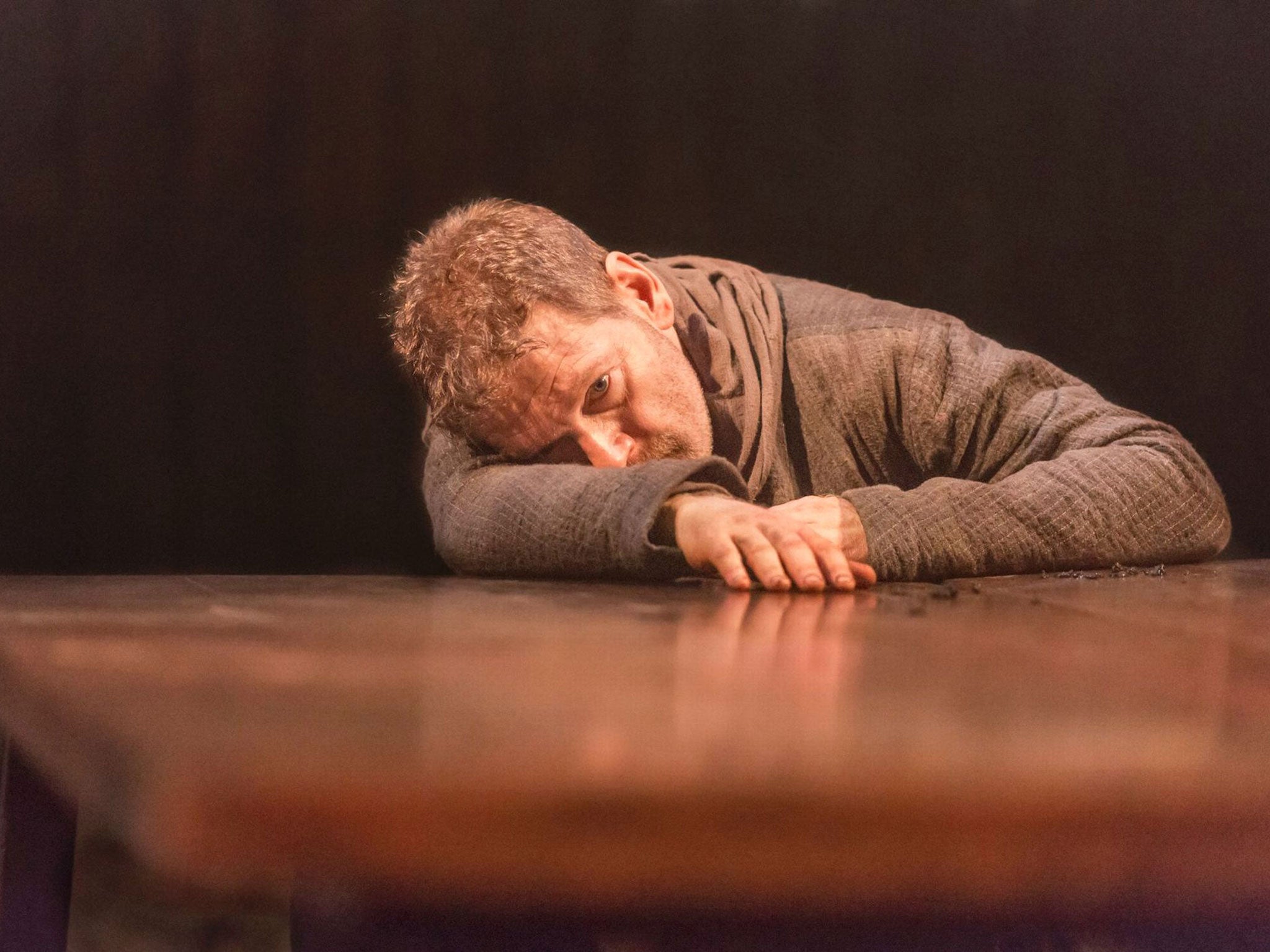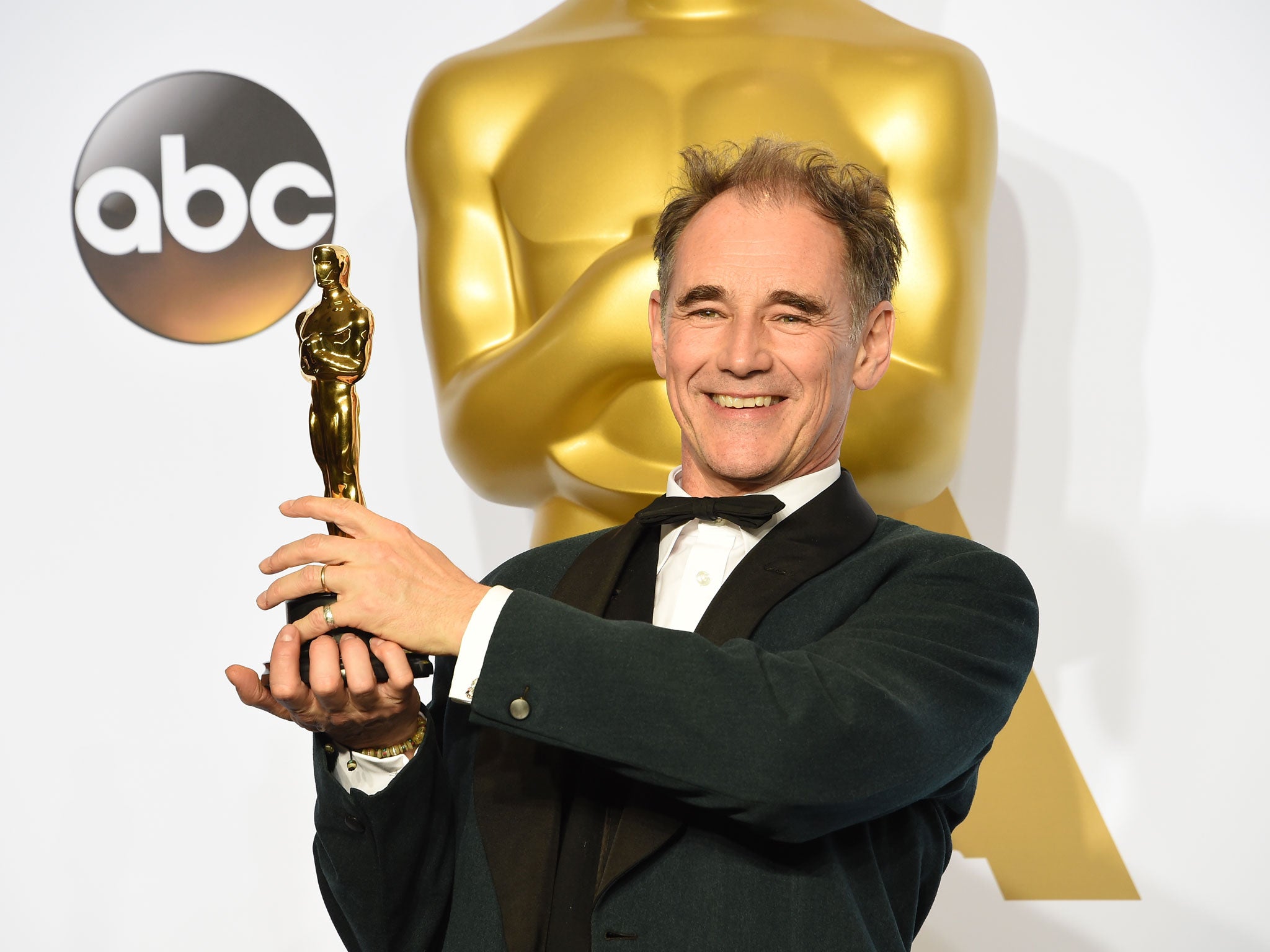Stig Abell: 'The pleasure of reading Shakespeare trumps watching his plays'
The new editor of the Times Literary Supplement has only ever seen one performance of Shakespeare in the theatre

This is something of a confession: I have only ever seen one performance of Shakespeare in the theatre. A startling omission for somebody set, in April, to edit the Times Literary Supplement, but one that should not – I hope – confirm me as a bearded barbarian at the gates of that fine institution.
There is no question that I love Shakespeare. I have spent many hours of my adult life reading and re-reading him. I once wrote a piece for the Evening Standard about tackling the Complete Works on the daily commute. I got through all 38 plays (yes, even Love's Labour's Lost) in a six-month period, finding an ever-pleasant refuge from the oppressions of the chuntering tube and noisome passengers that surrounded me.
Indeed, it is my thesis that reading and quiet reflection is the best way of experiencing the plays of William Shakespeare. But before I get to that, let me go back to my trip to Leicester's Haymarket Theatre in the winter of 1995.
I was at school in Loughborough, and the memories of the play itself are overlain with the nostalgic sensations of being under classroom discipline out of school hours: the suppressed hysteria of the coach trip; the unsettling presence of teachers seen in their home-time denims; the tantalising proximity of cigarettes and booze in the theatre lobby. The play was our set-text, Macbeth, directed by the now Oscar-adorned Mark Rylance.
It was one of those frustratingly modernised versions of Shakespeare, set in a cultish commune, with Macbeth as an aspiring guru. The witches were drugged-up ravers, high on ecstasy rather than the canonical hell-broth; Hecate was a dragged-up lollipop lady. When Lennox talked about "having a file / of all the gentry", he prodded limply at a big desktop computer.
Lady Macbeth, played by Jane Horrocks – at the time, the half-wit Bubbles from Ab Fab – wet herself during the sleep-walking scene. (To pee or not to pee was surely an unnecessary question, artistically speaking). And if this sounds absolutely terrible, of course it was. At the curtain call, a piercing voice came from the back of the theatre: "Rubbish! Rip Off!".
Rylance, resplendent as a sort of Krishna Macbeth, stepped forward instantly with a bellow back: "F**k Off!". The timing was so precise, the exchange so staccato, I supposed it could only have been pre-arranged. It felt that this was the cast's response to the derision that they had endured.
In any event, 20 years later, I can still see Rylance's puckered, sweating face; I can remember the shock of the swearing. I have read Macbeth many times since, including a children's version to my six-year-old daughter, but I have never been tempted to return to watch it.
Now, of course, one epochally awful interpretation should not – and does not – condemn the entire medium. I quite accept that Shakespeare, as a jobbing actor, playwright and impresario, was immersed in the theatre, writing purely for the fleeting thrill of performance, creating what his contemporary Robert Greene termed disparagingly the "Shake-scene". His plays are filled with self-referential nods to their own staging. Perhaps the boldest is when Cleopatra looks ahead to her own future portrayal, when she "shall see / Some squeaking Cleopatra boy my greatness / I' th' posture of a whore".
The joke (terrifyingly dependent on the boy actor playing Cleopatra not being a useless squeaker) is still comprehensible on the page. The larger point remains that Shakespeare's genius soon transcended the "unworthy scaffold" of the Globe, the clowning of semi-autonomous stars like Will Kemp, or the piping of prepubescent thespians. It exists – thanks to the doughty compilers of the 1623 Folio, who were serving a reading public – outside of its own time, therefore for all time.
Charles Lamb – who turned plays into the children's tales I can now share with my daughter – wrote in 1811 that King Lear "could not be acted", because "the greatness is not in the corporal dimension, but in the intellectual". "On the stage we see nothing but corporal infirmities and weakness, the impotence of rage; while we read it, we see not Lear, but we are Lear, we are in his mind, we are sustained by a grandeur which baffles the malice of daughters and storms; in the aberrations of his reason, we discover a mighty irregular power of reasoning, immethodised from the ordinary purposes of life."

Lear is, in fact, such a shattering invocation of pain that it seems to disintegrate even as a written text (something it shares with Euripedes' Bacchae), which is perhaps why it is fitting that there is no definitive version left to us. But Lamb's point is that the "mighty irregular power" of the play should not be regularised through the medium of performance: Lear's madness need have no method acting in it. Intuitively this feels correct: we can commune more closely with the written than the spoken word, we can empathise and internalise more readily. This is relevant because Shakespeare's career embodies the very movement from the outward to the inward.
In the early 1590s, he was best known as a love poet and playwright, a sort of proto-pop star giving voice to all the conventional sighings and squishings of amorous activity. As the century turned, the Elizabethan establishment waned, and personal loyalties became ever more complex, Shakespeare became more interested in exploring the private thoughts of his characters. His use of soliloquy, nascent in Henry V's pre-battle agonising or Brutus' doubts about the conflict between individual and public commitments, becomes iconic in the major tragedies that followed.
But being in another's mind, as Lamb put it, is something that can be best achieved by the act of reading, rather than witnessing the theatrical convention of solo stage-whispering. And Shakespeare's own pre-occupation with ideas of authorship, empathy and role-playing are now only accessible if you spend the time reading the texts, alert to their jokes and allusions, their self-conscious tricks and slips. In that sense, Shakespeare was the first of the post-moderns (alongside Cervantes, who also died 400 years ago this April), able simultaneously to tell a story and provide the vocabulary to criticise it.
In the next few years, I will certainly see more Shakespeare on the stage, all of those great reckonings in uncomfortable little rooms. But I still believe his words have the power to mean more to me sprawled on a sofa, or squashed between two fat people on the way to work.
Join our commenting forum
Join thought-provoking conversations, follow other Independent readers and see their replies
Comments
Bookmark popover
Removed from bookmarks